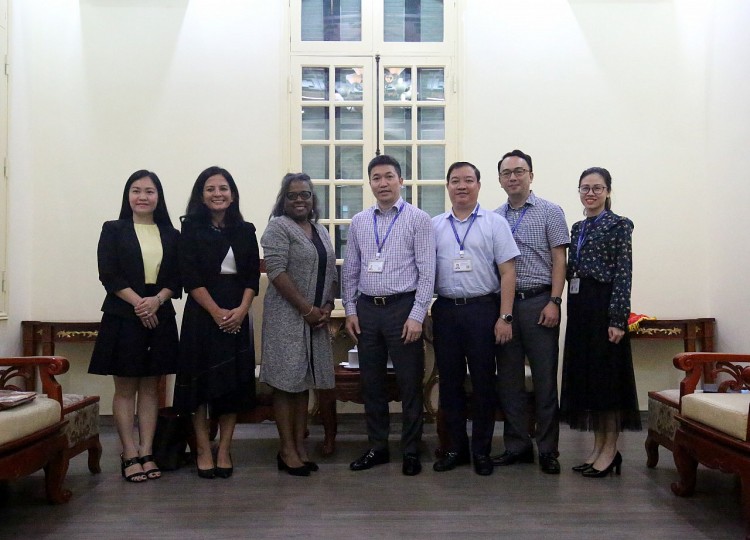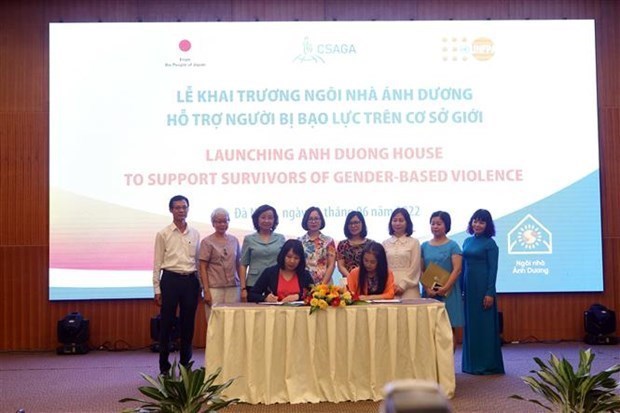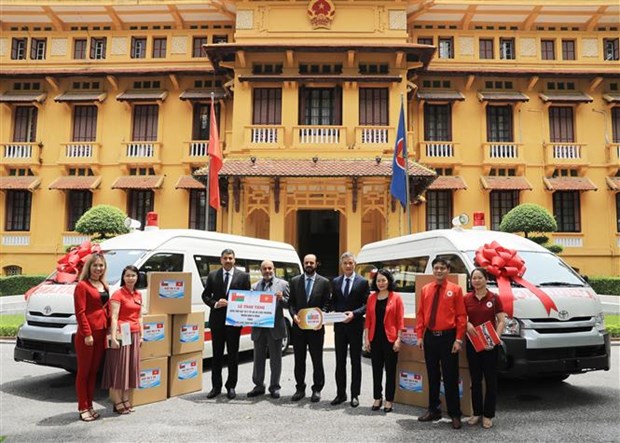Focusing on emergency Covid-19 prevention and response as well as minimizing the pandemic's negative gendered impacts, the project aims to support about 5,000 poor and vulnerable women in nine provinces and cities including Hanoi, Da Nang, Dien Bien, Ha Tinh, Ho Chi Minh City, Tien Giang, Nghe An, Thai Binh and Lao Cai.
The priority targets are migrant workers, ethnic minorities, people working in the informal sector and those living in disaster-prone areas.
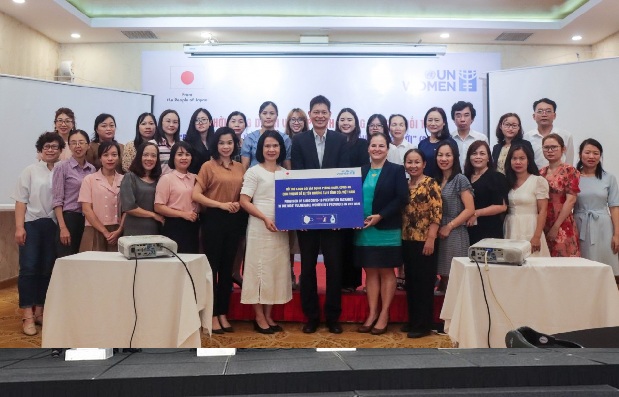 |
| UN Women Vietnam and the Embassy of Japan on August 2 announced a one-year project to reduce the risks and negative impacts of Covid-19 on women and girls. Photo: UN Women Vietnam |
Project activities include: distribute the Covid-19 prevention kits, which include test kits, medical masks and anti-bacteria gel; equip the beneficiaries with the necessary skills to prevent and respond to Covid-19, disasters, gender-based violence and information about the available support services; provide support in Covid-19 medical examinations and treatment to women survivors of gender-based violence at shelters and the Peace House; and improve the quality of gender-responsive services and the capacity of staff working at Migrant Resource Centers, Vietnam Women’s Union at all levels, social organizations in the nine provinces mentioned above.
The project is a part of a nearly VND-20-billion regional project implemented in four Mekong countries such as Cambodia, Laos, Thailand and Vietnam by UN Women Asia-Pacific, with the financial support from the Japanese Government.
According to Elisa Fernandez Saenz, country representative of UN Women Vietnam, emerging evidence over the past year confirmed that the pandemic had a regressive effect on gender equality. In addition, Asia and the Pacific is the most disaster-prone region in the world, with 75% of disaster-affected populations living in the region.
As countries cope with impacts of the Covid-19 pandemic, they also grapple with the reality of exposure to multiple, severe natural hazards, and potential of a double disaster.
“Throughout the Covid-19 pandemic, in Vietnam many women have suffered from loss of employment, reduced household income, inadequate housing, lack of life-saving support and services, limited social protection measures, as well as increased stress at home, along with unacceptable high levels of intimate partner violence,” she said.
A rapid assessment conducted by UNICEF, UNFPA and UN Women with the support of DFAT in 2021 found that women and children in particular were at greater risk during the period of social isolation. The study found that in Vietnam more than one in three women experienced at least one form of violence during the pandemic period, with more women reporting experiencing controlling behaviors and economic violence.
Sasaki Shohei, second secretary of the Embassy of Japan in Vietnam, believes that UN Women will take the lead in implementing Gender-responsive Covid-19 response and prevention project, expressed hope that this project presents an opportunity for restructuring and creating a ‘new normal’ in which no one is left behind.
As the representative of the project’s local partners, Hoang Thi Thu Huong, chairwoman of the Da Nang Women’s Union said the Danang Women's Union and nine provinces participating in the project highly appreciates UN Women's timely support in Covid-19 gender-responsive responses. Equipping women, especially the most disadvantaged and vulnerable groups with Covid prevention information and supplies, is essential, especially when the pandemic is still ongoing but many people might have let their guard down.
Q.Hoa t.h / Thoidai

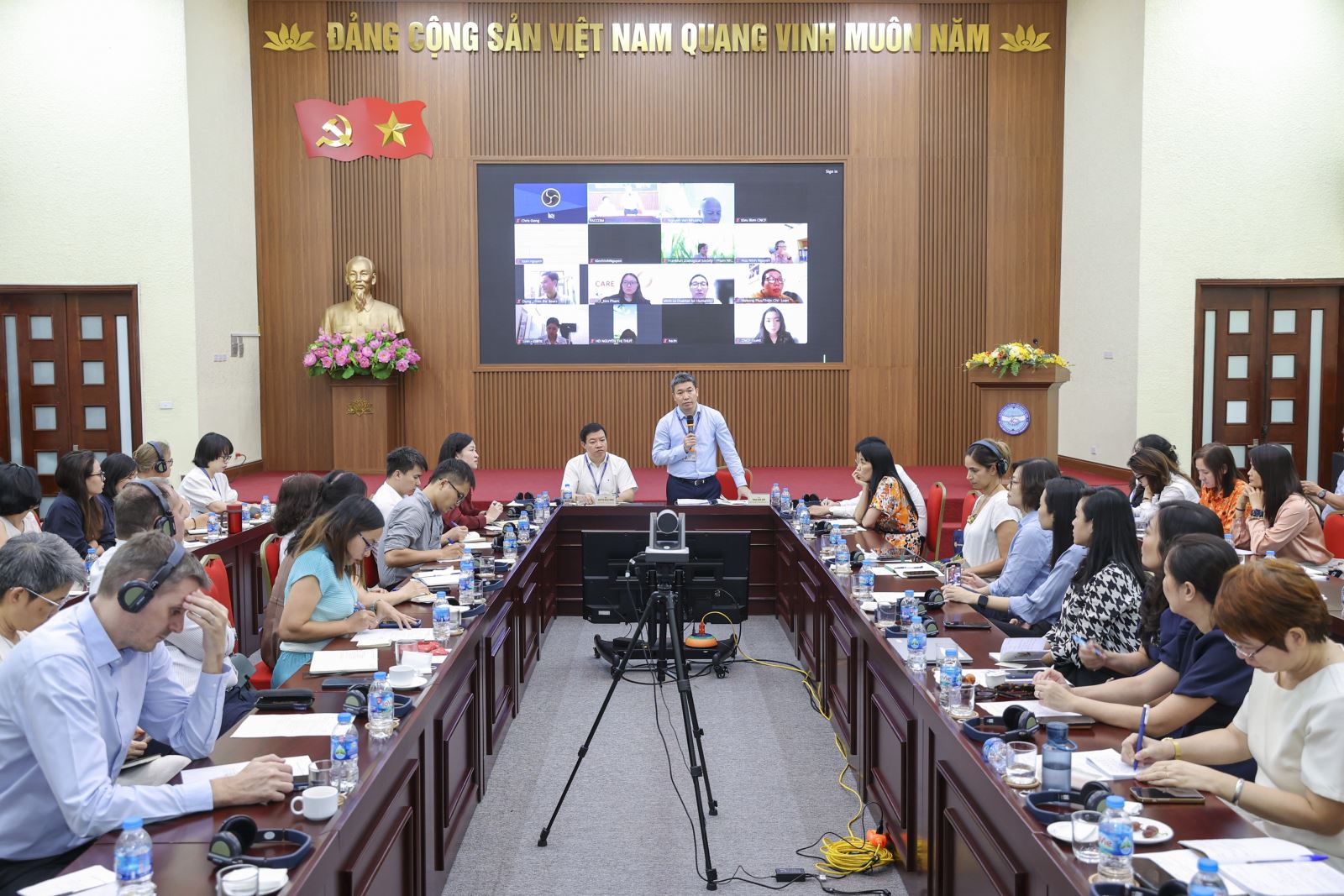
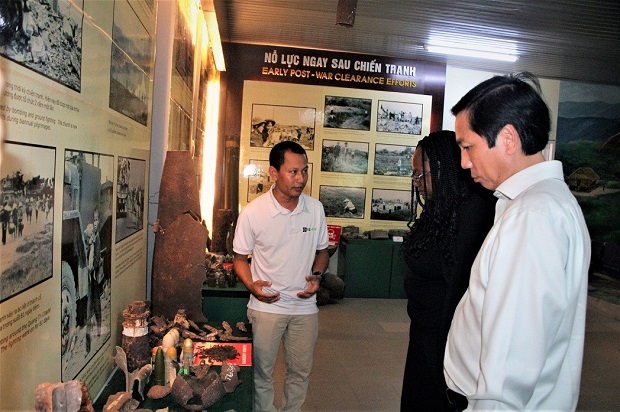
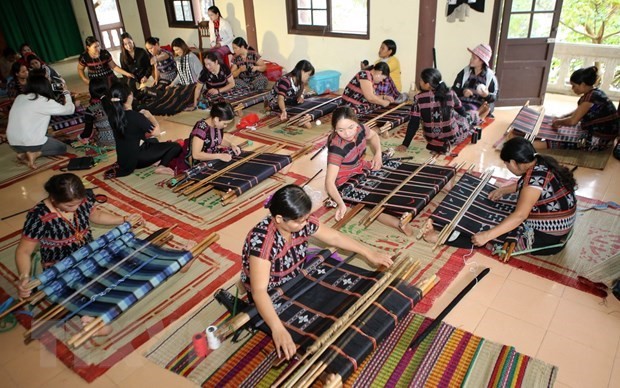
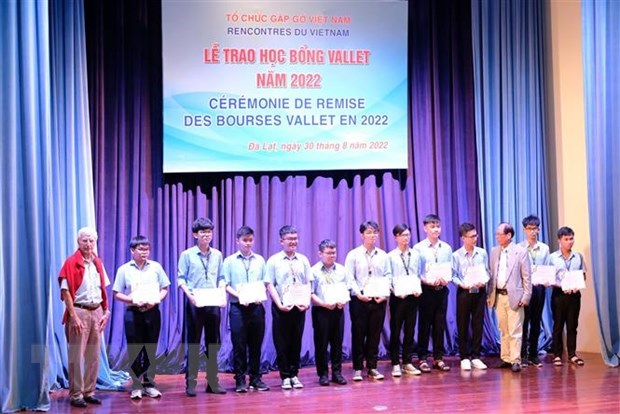
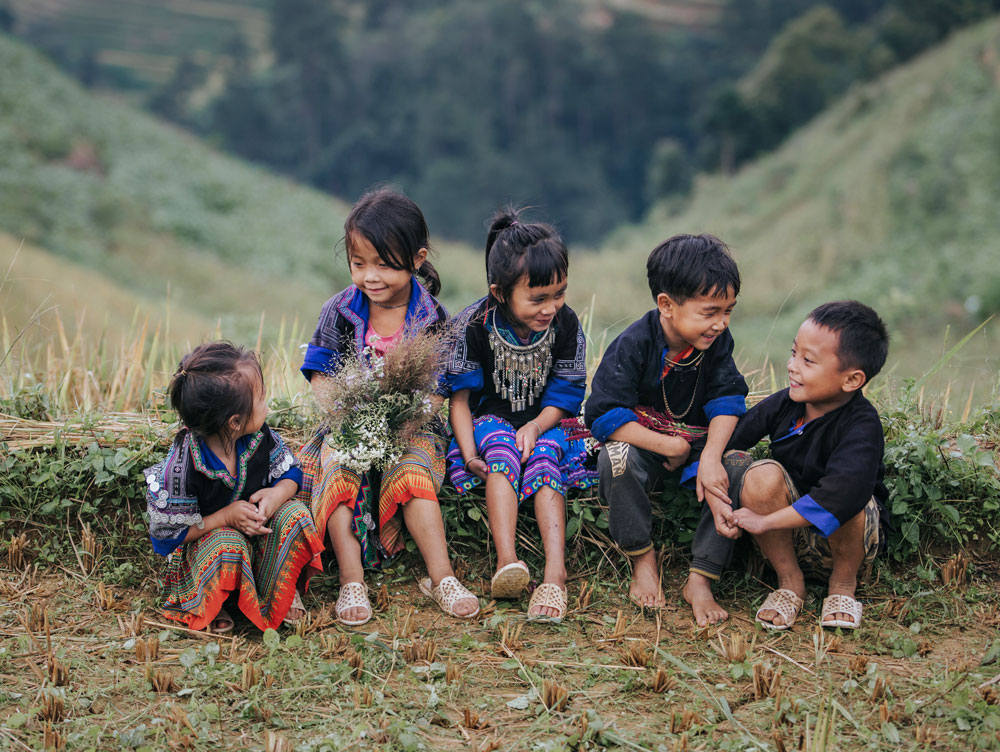
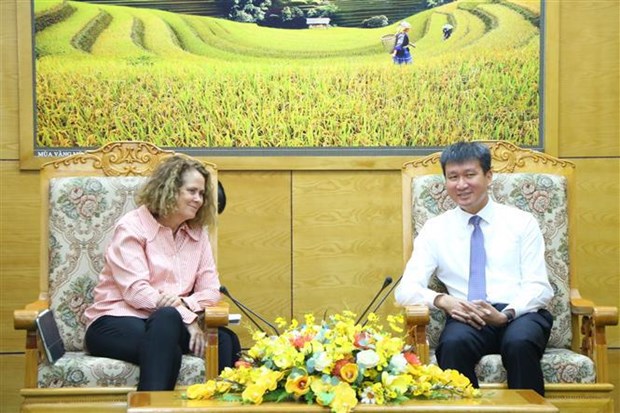
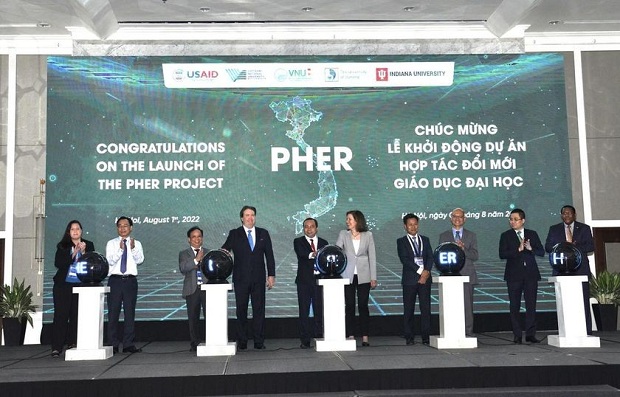
.jpeg)
